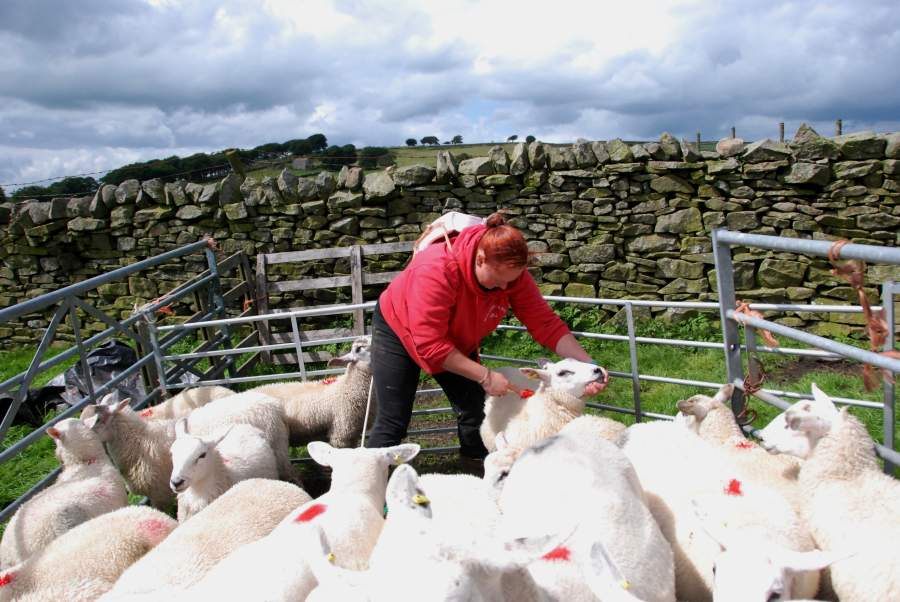
New figures published today show that livestock worth £2.5m were stolen in 2018 amid an increase in organised large scale animal thefts across the UK.
A spate of highly organised, large-scale sheep thefts in recent months suggests the cost of rustling is continuing at high levels.
This crime makes livestock theft the most costly crime for the UK’s farming sector after agricultural vehicles and farm machinery.
This sharp increase in livestock rustling - an 11% rise in cost over two years - has prompted rural insurer NFU Mutual to put farmers and rural communities on alert for criminals.
It is also concerned by recent reports of animals being butchered in fields, which further undermines food safety.
“As the insurer of over three quarters of UK farmers, we are alarmed that thieves are stealing greater numbers of livestock,” said Tim Price, NFU Mutual Rural Affairs Specialist.
“A generation ago, rustling was typically a local crime involving a couple of lambs or half a dozen geese being taken ‘for the pot’. Now it’s an organised crime with dozens or even hundreds of sheep worth thousands of pounds being taken in a single raid.”
Mr Price added: “Thieves are even using working sheepdogs - some of which have also been stolen - to round up hundreds of sheep which are then loaded into trailers or lorries late at night.”
Livestock theft is particularly devastating for small farms, as the loss of a number of stock can wipe out profits and disrupt the operation of the farm for years as they rebuild ‘hefted’ flocks.
NFU Mutual advises farmers and butchers buying stock to check livestock records and ear tags carefully to make sure they are not buying stolen animals.
It also advises members of the public to be wary of buying meat from unusual sources because there may be health hazards as well as a risk they could be buying meat from rustled livestock.
Preventing rustling
Preventing rustling is not as easy as putting a padlock on a building, or fitting a security system to a tractor. However, there are a number of steps farmers can take to reduce the risk and technology is now providing effective ways of tracing stolen livestock.
To deter livestock thieves, NFU Mutual advises farmers to:
• Padlock field gates
• Ensure stock is clearly marked and records are up to date
• When possible graze livestock in fields away from roads
• Check stock regularly - and vary times of feeding/check ups
• Consider a high-tech marking system such as TecTracer which puts thousands of coded microdot markers into a sheep’s fleece
• Ask neighbours to report any sightings of unusual vehicles loading sheep
• Join a FarmWatch scheme
The rural insurer has established that there are three distinct types of livestock thefts currently taking place:
• Large scale theft – organised crime with livestock destined for the food chain
• Pedigree – rams stolen for their high value as breeding stock
• Money laundering – organised criminal gangs buying and selling on sheep at auctions to launder money
